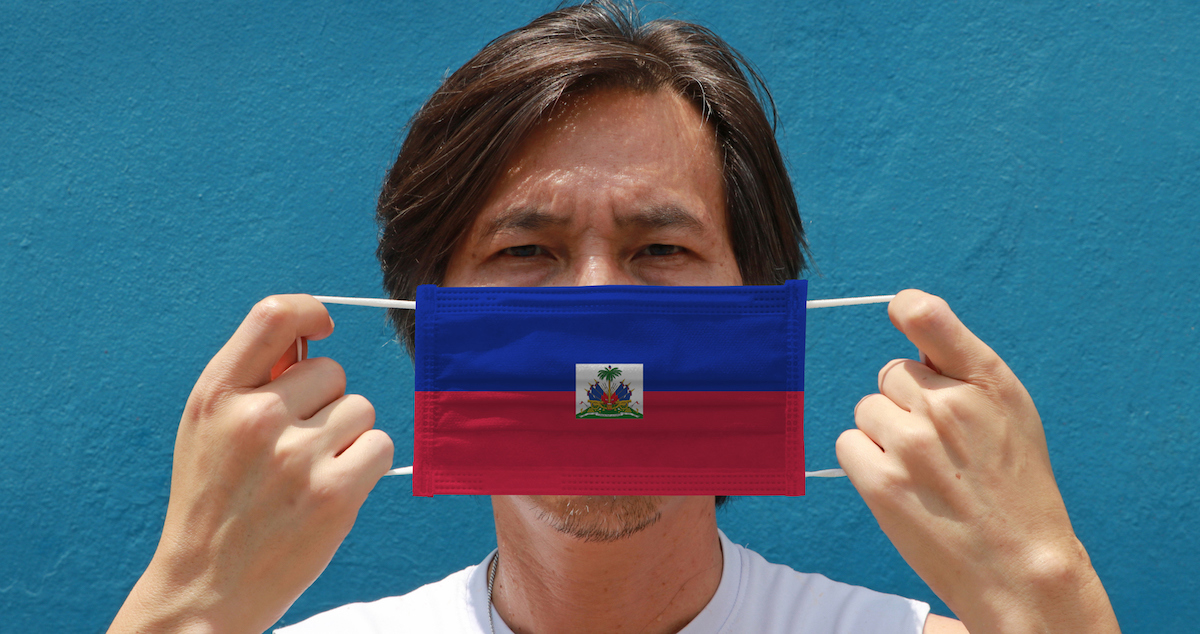<< Back
Hartford HealthCare Donates $50,000 to Haitian Health Foundation of Norwich

May 26, 2021
One year ago, the world’s healthcare organizations, including Hartford HealthCare, focused on preserving supplies of personal protective equipment (PPE) as the spread of the COVID-19 virus meant protecting colleagues and patients.
With the benefit of time and the dedication of teams in securing stockpiles of PPE to prevent future shortages, Hartford HealthCare is secure and able to offer help.
Recently, help came in the form of a donation of $50,000 in PPE to the Norwich-based Haitian Health Foundation (HHF) to support its COVID outreach in rural parts of the impoverished Caribbean country.
“HHF continues prevention measures we began in 2020 – community education, the construction of hand washing stations and distribution of hygiene kits, masks and supplemental food,” said Dr. Jeremiah Lowney, HHF president, and Marilyn Lowney, executive director. “We could not improve the lives of so many without the support of organizations like Backus Hospital and Hartford HealthCare. We are so grateful for this donation to benefit the people of Haiti.”
The work of HHF is an extension of Hartford HealthCare’s efforts statewide to ensure broader access to care, COVID testing and, eventually, vaccine for everyone in light of the disparities in care highlighted by the pandemic.
While the U.S. and other developed nations are experiencing fewer COVID-19 cases due to vaccination efforts, the Lowneys said the virus continues to spread in Haiti. The country, with a population of 250,000, has about 14,000 confirmed cases. Another 67,000 cases, however, are suspected.
“With very little testing available, the actual number of infections is likely much higher,” the Lowneys said. “The lack of testing makes case management extremely difficult and stopping the spread impossible.”
The virus is an additional layer of despair in a country rocked by worsening political turmoil and soaring inflation rates which lead to food scarcity and rising malnutrition in children and pregnant and nursing women. Inadequate nutrition weakens the body’s immune system, making the islanders even more susceptible to COVID-19, especially when combined with their cramped living conditions, poor sanitation practices and a lack of clean water.
“HHF continues the prevention measures we began in 2020 – community education, the construction of hand washing stations and distribution of hygiene kits, masks and supplemental food,” the Lowneys said.
The recent HHC donation of 60 cases of isolation gowns and 41 cases of three-ply face masks will augment those efforts, they said.